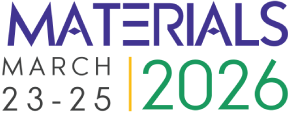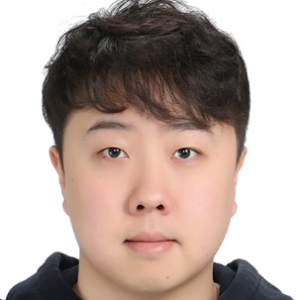Title : A study on highly efficient Ni-Fe alloy sulphuric acid leaching through anodize electrolysis process
Abstract:
The surging demand for nickel, driven by the proliferation of secondary batteries, has intensified the need for innovative approaches to secure a stable supply. However, the geographical constraints and export restrictions on nickel resources in certain regions have underscored the necessity to explore alternative methods of nickel extraction. To overcome these issues, various nations and institutions are actively engaged in research to refine nickel metal via the conversion of intermediate products such as Mixed Hydroxide Precipitate (MHP), Nickel Pig Iron (NPI), and Ferronickel (Fe-Ni) into high-purity nickel sulphate. The conventional atmospheric leaching process faces thermodynamic limitations, rendering the extraction of nickel from these intermediates unfeasible at ambient conditions. To circumvent this, the method of choice involves High-Pressure Acid Leaching (HPAL) conducted under elevated temperatures and pressures. However, the HPAL process can caused notable environmental and economic concerns due to using massive acids and equipment. To tackle these issues, this study introduces an innovative approach utilizing Ni-Fe alloy as an anode to intentionally induce over potential, facilitating controlled oxidation while simultaneously transforming it into finely divided oxide particles. Through this intentional oxidation process, the Fe-Ni alloy is pulverized into fine particles, leading to a larger surface area compared to its bulk form. This increased surface area promotes efficient leaching of sulphuric acid. Furthermore, thermodynamically, reactions between oxides and sulphuric acid are more favourable than when metals are in their elemental state. Therefore, maximum leaching efficiency can be achieved. Consequently, the nickel leaching efficiency is substantially elevated, achieving a remarkable efficiency of up to 98% without the need for any additional additives. The optimization of grinding and leaching efficiency is systematically investigated under varied operating voltages. The obtained powders and leaching efficiency are corroborated through a comprehensive array of analytical techniques including Field Emission Scanning Electron Microscopy (FE-SEM), Contact Angle (CA) measurements, X-ray Fluorescence (XRF), and Inductively Coupled Plasma (ICP) analysis. This pioneering approach not only demonstrates the potential to revolutionize nickel extraction from traditionally challenging sources but also underscores the significance of leveraging electrochemical principles to enhance leaching processes. This study not only contributes to the sustainable supply of nickel, crucial for emerging technologies, but also offers a template for innovative, energy-efficient hydrometallurgical processes applicable to diverse metal recovery endeavours.
Audience Take Away Notes:
- It can be applied not only to nickel, but also to various secondary battery raw materials industries that deal with LIB materials like cobalt or manganese
- The audience will discover new approaches to nickel refining, the primary ingredient of secondary batteries through the presentation
- By introducing a relatively straightforward nickel intermediate processing method that requires less extensive equipment and is simpler than conventional industrial processes, it is believed that a practical approach could be provided



